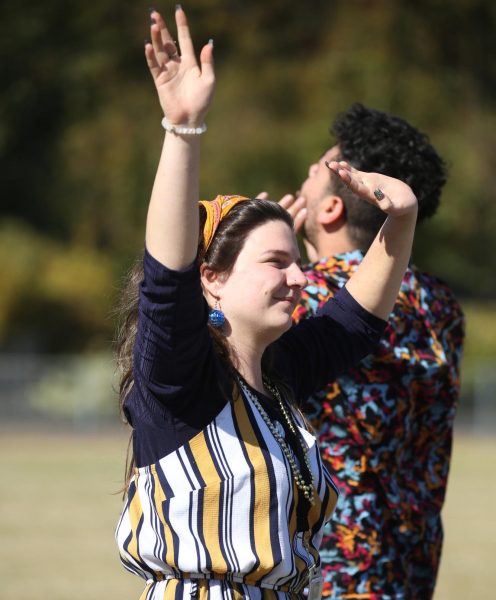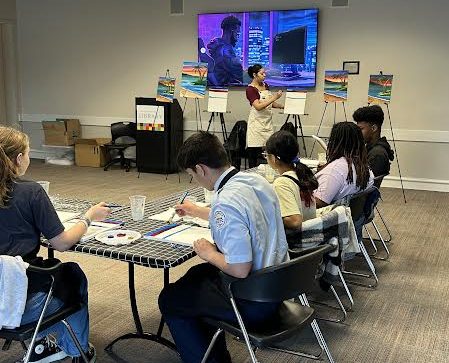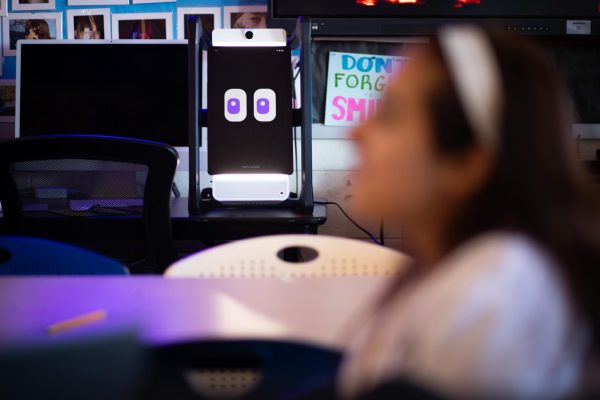Nationwide regulations threaten JUUL sales
It was any normal day for East Meck senior Mathias Garay. After school, he went to his friend’s house to hang out like always, but this one time would change everything for him. His friend pulled out a JUUL and started hitting it. Confused, Garay asked if he could hit it and his friend said yes.
“It looked really cool to me,” Garay said, “I see people do it all the time and it made me feel good, it tasted good, and the buzz of a lifetime.”
Garay is one of many high school students who has faced nicotine addiction. He first used nicotine his sophomore year and has overcome the struggles of nicotine addiction.
“I was struggling. I felt the need to hit it like every other second. The JUUL definitely didn’t help me,” Garay said.
When someone thinks of addiction the common substances to come to mind are alcohol, opioids, and other types of drugs, but the most commonly abused substance in the United States is nicotine. In fact, over 40 million people in the US face nicotine addiction. That’s 22 million more people than the second most abused substance; alcohol.
Since 2017, one in four teens in high school have admitted to trying nicotine at least once. Between 2017 and 2018, the number of kids in middle school who regularly vape nicotine jumped from 3.3% to 4.9%, about 570,000 middle schoolers across the country. This increase in vaping can be closely tied to the introduction of the JUUL in 2017.
“I used to JUUL all the time it’s what really got me hooked on nicotine before I quit,” Garay said.
When JUUL labs first opened, it marketed its most popular product: the JUUL, as a safe alternative to smoking cigarettes for people already using nicotine. JUUL was founded by James Monsees and Adam Bowen with the goal of “improving the lives of the world’s one billion adult smokers by eliminating cigarettes”
Unfortunately for JUUL, their product has been associated with teen nicotine addiction. Teens across the country are gaining access to JUULs and many other similar products and have become so serious that the US government has had to step in.
In order to battle teen addiction to nicotine, the United States government will act to ban thousands of popular flavors used in e-cigarettes, such as grape and mango. This comes after reports of 1,080 illnesses and 22 deaths of pulmonary illness related to vape products including the JUUL.
“Nicotine is too accessible, and it’s sad that 22 people died for it” East Meck health teacher Cheri Rupert said. “The law is great. They are trying to target the younger generation. If we can inform them about the dangers, they can make educated decisions,”
The US government is still attempting to pass anything, but many states are taking matters into their own hands and making laws to ban certain flavors and products. Michigan has implemented a six-month ban on flavored nicotine products, and while North Carolina hasn’t done anything yet, it’s only a matter of time before the state government puts their foot down.
Your donation will support the student journalists of East Mecklenburg High School. Your contribution will allow us to purchase equipment and cover our annual website hosting costs.







